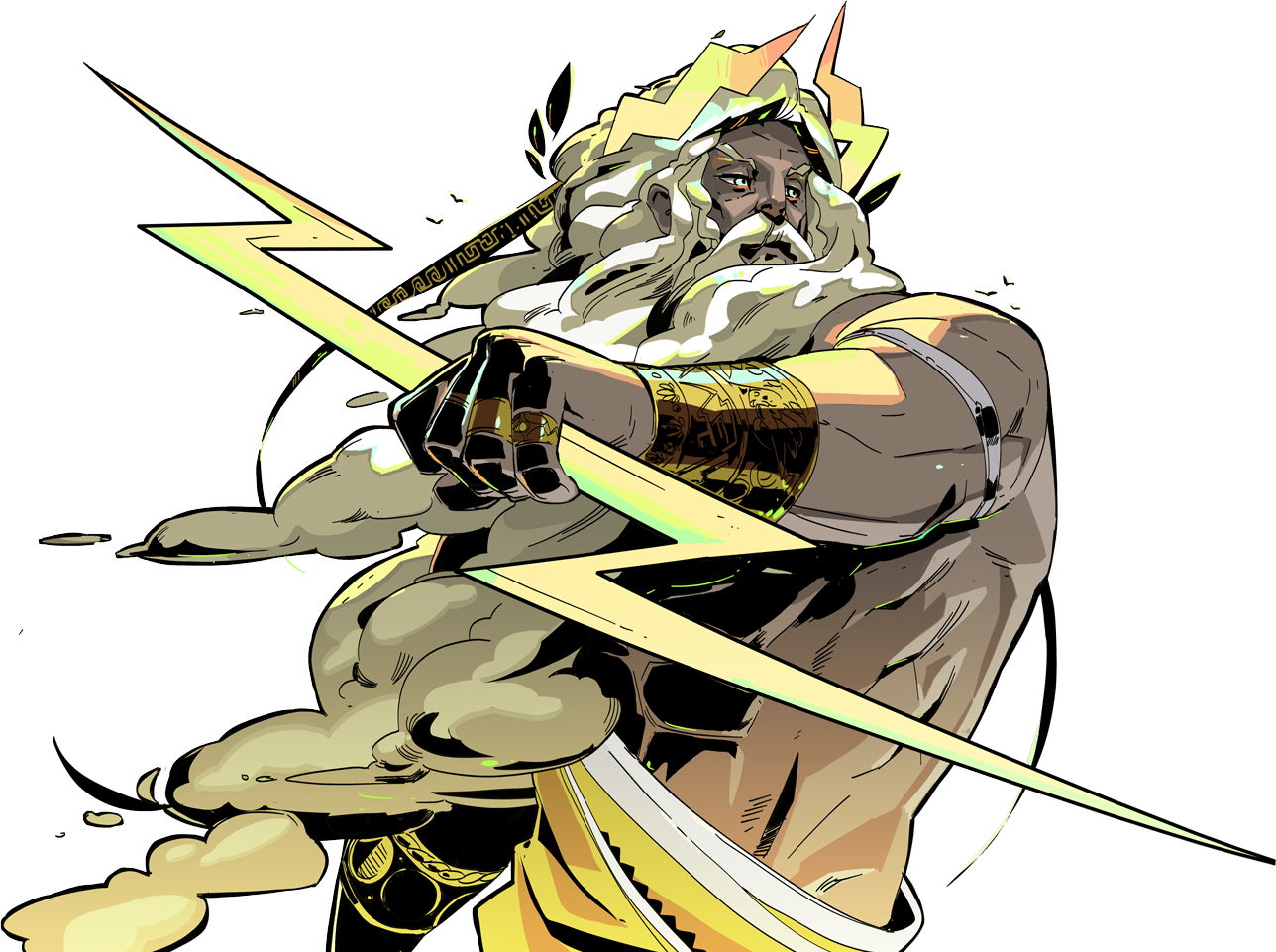


After the fight, Poseidon sent a monstrous flood to the Attic Plain, to punish the Athenians for not choosing him. Īthena became the patron goddess of the city of Athens after a competition with Poseidon, and he remained on the Acropolis in the form of his surrogate, Erechtheus.

In Plato's Timaeus and Critias, the legendary island of Atlantis was Poseidon's domain. Poseidon is also the subject of a Homeric hymn. In Homer's Iliad, Poseidon supports the Greeks against the Trojans during the Trojan War and in the Odyssey, during the sea-voyage from Troy back home to Ithaca, the Greek hero Odysseus provokes Poseidon's fury by blinding his son, the Cyclops Polyphemus, resulting in Poseidon punishing him with storms, the complete loss of his ship and companions, and a ten-year delay. Homer and Hesiod suggest that Poseidon became lord of the sea following the defeat of his father Cronus, the world was divided by lot among his three sons Zeus was given the sky, Hades the underworld, and Poseidon the sea, with the Earth and Mount Olympus belonging to all three. Poseidon was the protector of seafarers, and of many Hellenic cities and colonies. He is often regarded as the tamer or father of horses, and with a strike of his trident, he created springs which are related to the word horse. In the myths of isolated Arcadia he is related with Demeter and Persephone and he was venerated as a horse, however it seems that he was originally a god of the waters. He also had the cult title "earth shaker". In pre-Olympian Bronze Age Greece, he was venerated as a chief deity at Pylos and Thebes. Poseidon ( / p ə ˈ s aɪ d ən, p ɒ-, p oʊ-/ Greek: Ποσειδῶν) was one of the Twelve Olympians in ancient Greek religion and myth, god of the sea, storms, earthquakes and horses.


 0 kommentar(er)
0 kommentar(er)
